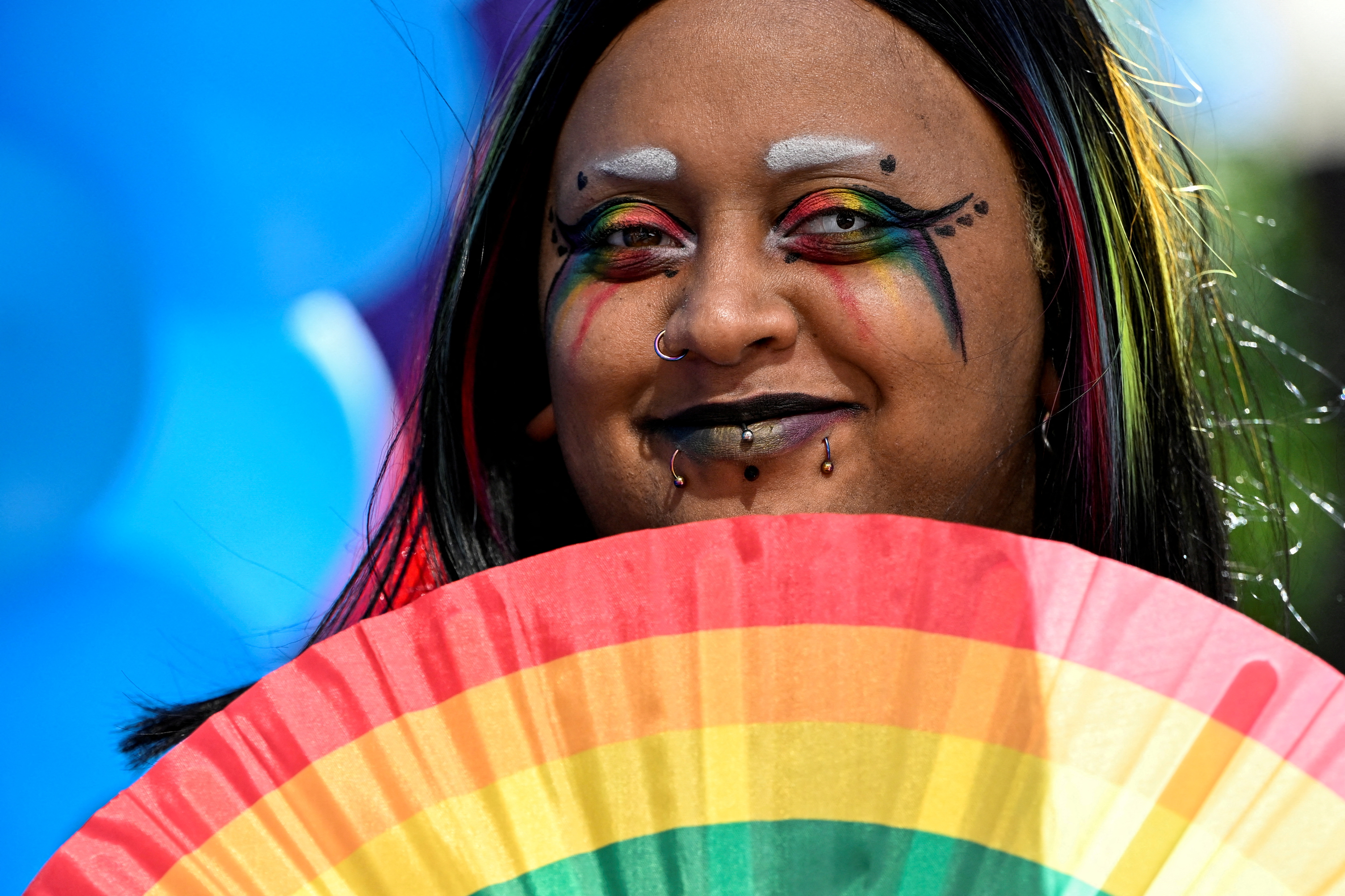Canada, citing the risk of potential dangers, is advising LGBTQ travellers planning trips to the United States to check how they might be affected by recently passed laws in some states, Ottawa said on Tuesday.
Anti-LGBTQ demonstrations in the United States last year rocketed 30-fold compared with 2017 and legal moves to restrict LGBTQ rights are on the rise.
Canada’s travel advisory for the United States now includes a cautionary message for those who consider themselves two-spirit, lesbian, gay, bisexual, transgender, queer, questioning or intersex – or 2SLGBTQI+ for short.
“Some states have enacted laws and policies that may affect 2SLGBTQI+ persons,” the advisory says. “Check relevant state and local laws.”
The advisory did not specify which states it was referring to.
Deputy Prime Minister Chrystia Freeland, asked why the advice had been updated, said the government employed experts “to look carefully around the world and to monitor whether there are particular dangers to particular groups of Canadians.”
Speaking to reporters in Atlantic Canada, she added: “Every Canadian government … needs to put at the centre of everything we do the interest and the safety of every single Canadian and every single group of Canadians. That’s what we’re doing now”.
She declined to say whether any talks had been held with the Biden administration before making the change. The overall risk profile for the United States remains at green, indicating a normal security precautions requirement.
The United States is Canadians’ top travel destination, and in June residents returned from about 2.8 million trips south of the border. About 1 million people, 4% of the Canadian population aged 15 years and older, are lesbian, gay, bisexual, or of another sexual orientation than heterosexual, according to official data released last year.
The largest LGBTQ advocacy organisation in the United States, the Human Rights Campaign (HRC), has declared a national state of emergency, citing the proliferation of legislation in state capitols aimed at regulating the lives of queer people.
The US embassy in Ottawa did not have an immediate comment.







Click here to change your cookie preferences